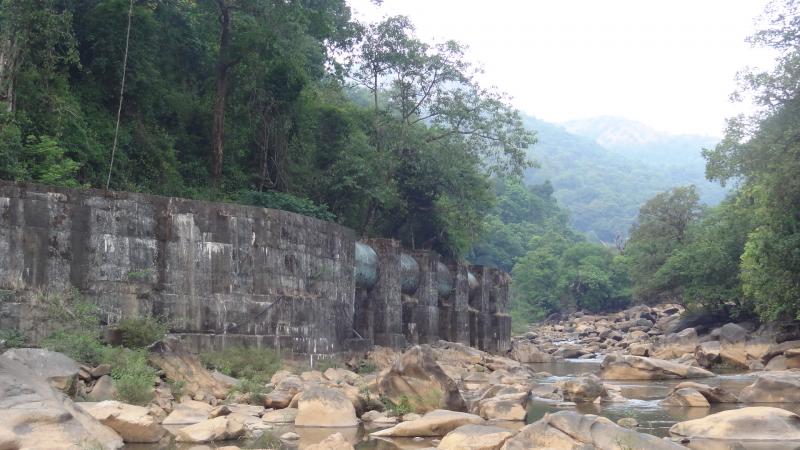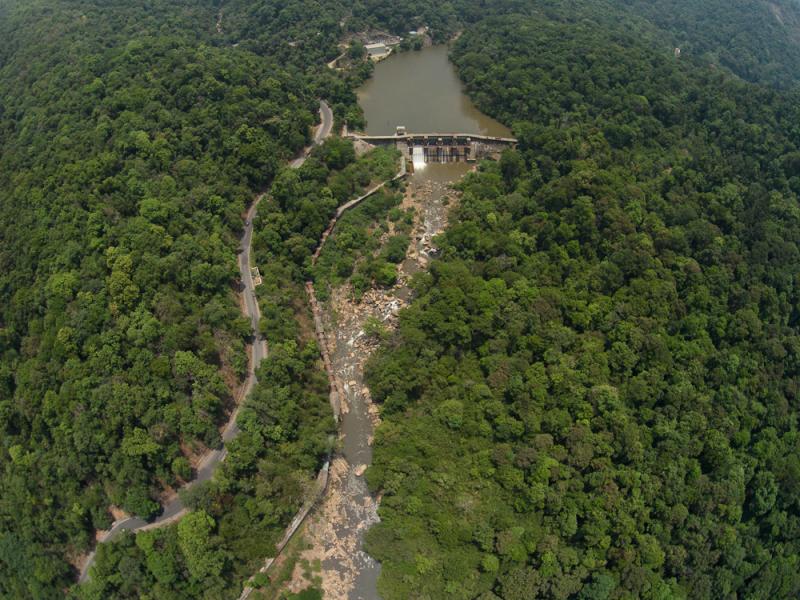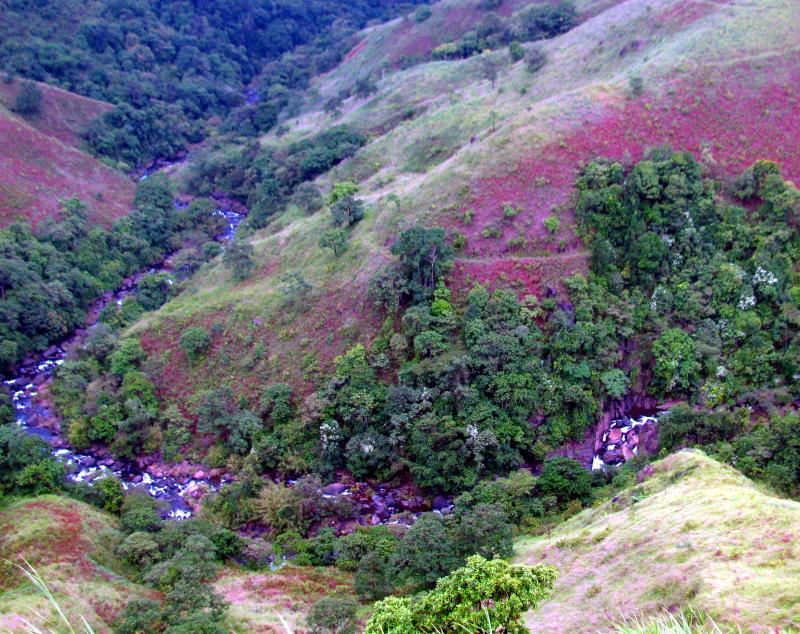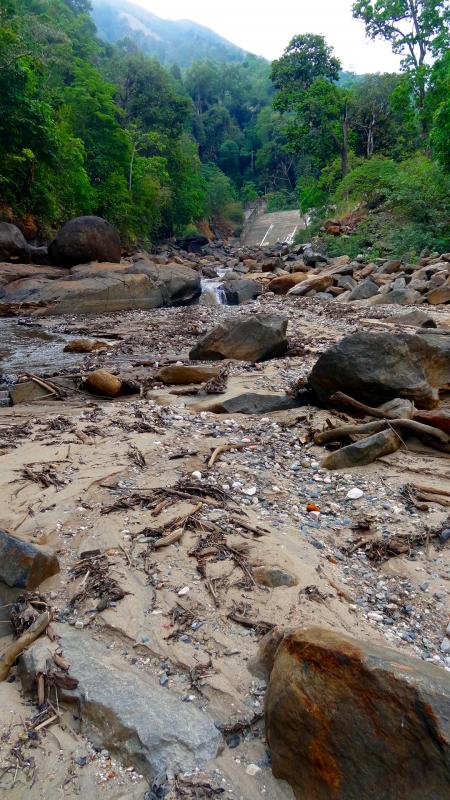Error message
- Deprecated function: array_key_exists(): Using array_key_exists() on objects is deprecated. Use isset() or property_exists() instead in Drupal\Core\Controller\ControllerResolver->doGetArguments() (line 139 of core/lib/Drupal/Core/Controller/ControllerResolver.php).
- Deprecated function: array_key_exists(): Using array_key_exists() on objects is deprecated. Use isset() or property_exists() instead in Drupal\Core\Controller\ControllerResolver->doGetArguments() (line 139 of core/lib/Drupal/Core/Controller/ControllerResolver.php).
- Deprecated function: array_key_exists(): Using array_key_exists() on objects is deprecated. Use isset() or property_exists() instead in Twig_Template->getAttribute() (line 582 of vendor/twig/twig/lib/Twig/Template.php).
- Deprecated function: array_key_exists(): Using array_key_exists() on objects is deprecated. Use isset() or property_exists() instead in Twig_Template->getAttribute() (line 582 of vendor/twig/twig/lib/Twig/Template.php).
- Deprecated function: array_key_exists(): Using array_key_exists() on objects is deprecated. Use isset() or property_exists() instead in Twig_Template->getAttribute() (line 582 of vendor/twig/twig/lib/Twig/Template.php).
- Deprecated function: array_key_exists(): Using array_key_exists() on objects is deprecated. Use isset() or property_exists() instead in Twig_Template->getAttribute() (line 582 of vendor/twig/twig/lib/Twig/Template.php).
- Deprecated function: array_key_exists(): Using array_key_exists() on objects is deprecated. Use isset() or property_exists() instead in Twig_Template->getAttribute() (line 582 of vendor/twig/twig/lib/Twig/Template.php).
- Deprecated function: array_key_exists(): Using array_key_exists() on objects is deprecated. Use isset() or property_exists() instead in Twig_Template->getAttribute() (line 582 of vendor/twig/twig/lib/Twig/Template.php).
- Deprecated function: array_key_exists(): Using array_key_exists() on objects is deprecated. Use isset() or property_exists() instead in Twig_Template->getAttribute() (line 582 of vendor/twig/twig/lib/Twig/Template.php).
- Deprecated function: array_key_exists(): Using array_key_exists() on objects is deprecated. Use isset() or property_exists() instead in Twig_Template->getAttribute() (line 582 of vendor/twig/twig/lib/Twig/Template.php).
- Deprecated function: array_key_exists(): Using array_key_exists() on objects is deprecated. Use isset() or property_exists() instead in Twig_Template->getAttribute() (line 582 of vendor/twig/twig/lib/Twig/Template.php).
Assessing the socio-ecological impacts of small hydropower projects in the Western Ghats, India
Summary
Various national and international policies are supporting the growth of small hydro-power project as it is assumed that small dams have minimal or no environmental impacts. However, recent studies are questioning this assumption. We aim to gather and assess the broad impacts of extensive small dam development within the Western Ghats – a global biodiversity hotspot that has one of the largest densities of small dams in India. We also aim to highlight this information through the creation of a compelling documentary film that can aid in bringing about meaningful policy-level changes regarding small dam development in India.
Objectives
- Exploring the relationship between SHPs and human-animal conflict – We aim to explore the relationship, if any, between SHP proliferation in elephant habitat and human-elephant conflict by collecting primary and secondary data across elephant landscapes in the Western Ghats.
- Landscape-level modelling of SHP impacts– We aim to create a visual database of existing and planned SHPs falling within the Western Ghats of Karnataka. Forest fragmentation and river agmentation indices will be calculated to provide a holistic perspective of SHP development at the landscape scale.
- Outreach to stakeholders–Information pertaining to SHP development in India will be condensed into a documentary film. This will enable scientific knowledge to reach stakeholders in an easy-to-understand medium, thereby bridging the gap between researchers and policy makers.
Status
We were able to examine the relationship between the extent of human-elephant conflict cases and the construction of SHPs across four ranges spanning the forest divisions of Kollegal, Mandya, and Madikeri. While trends were largely correlational, they indicate the presence of a relationship between SHP construction and human-elephant conflict. We are further investigation this relationship and aim to publish a paper with our findings soon.
We also compiled a database of existing and proposed small hydropower projects in the Western Ghats and are currently using this information in an ongoing project aimed at better informing basin-wide conservation and development planning.
We also developed a short film on the impacts of small hydropower projects in English, Hindi, and Kannada languages. This has been widely shared with policy makers and forest department staff. It was also used in a signature campaign addressed to a governmental body to better regulate the SHP sector.
FERAL - once wild, runs wild again.






